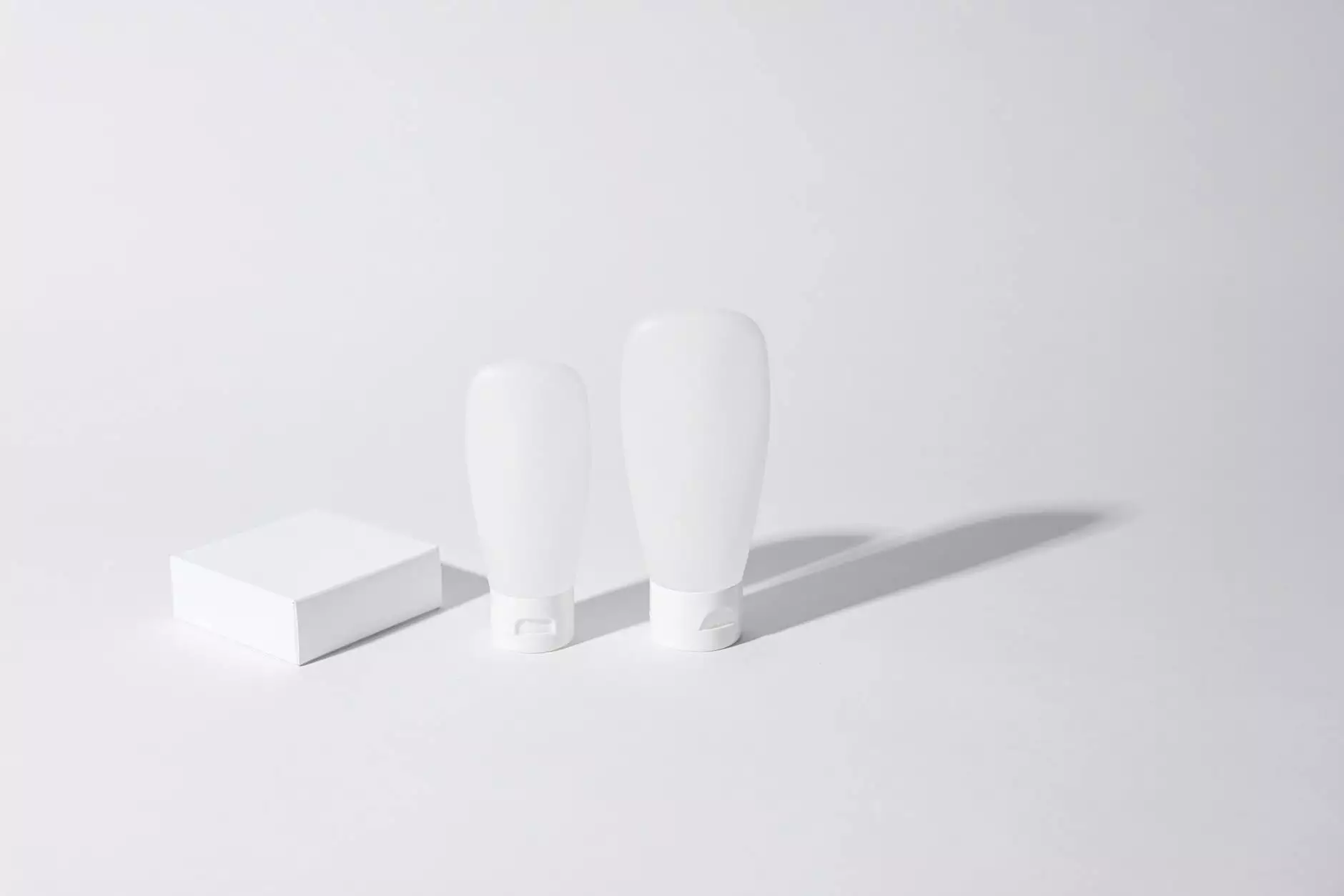Finding the Best Allergist Near Me: Your Comprehensive Guide

Allergies have become a significant health concern in today's world, affecting millions of people. Whether you're dealing with seasonal allergies, food sensitivities, or more severe reactions, finding an experienced allergist near you is vital for managing your health effectively. This article will guide you through everything you need to know to locate the right allergist and understand the services they provide.
Understanding Allergies
Allergies are overreactions of the immune system to substances that are typically harmless. These substances, known as allergens, can be found in various environments and can include:
- Pollen from trees, grasses, and weeds
- Dust mites found in homes
- Molds that grow in moist conditions
- Animal dander from pets
- Food allergens such as peanuts, dairy, and shellfish
- Insect stings from bees and wasps
- Medications, which can sometimes cause adverse reactions
Common Symptoms of Allergies
If you're experiencing any of the following symptoms, it may be time to seek help from an allergist near you:
- Sneezing and nasal congestion
- Itchy, watery eyes
- Skin rashes and hives
- Digestive issues after eating certain foods
- Anaphylaxis, a severe and potentially life-threatening reaction
The Role of an Allergist
An allergist is a medical doctor who specializes in diagnosing and treating allergies, asthma, and related conditions. They play a critical role in helping patients understand their allergies and providing effective treatment options. Here’s what you can expect when you visit an allergist:
Initial Consultation
During your first visit, the allergist will take a detailed medical history and discuss your symptoms. They may ask about:
- Your family history of allergies
- The environmental factors that may be triggering your symptoms
- Any medications or treatments you have tried
Allergy Testing
Once the doctor understands your case, they may recommend allergy testing. There are several types of tests available:
- Skin Prick Test: This involves applying a tiny amount of allergen to your skin to see how you react.
- Blood Tests: These tests measure the amount of allergy-causing antibodies in your blood.
- Patch Tests: Used primarily for contact allergies, patch tests involve applying allergens to the skin for several days.
Customized Treatment Plans
Based on your test results, your allergist will develop a personalized treatment plan. This may include:
- Avoidance Strategies: Recommendations on how to limit exposure to allergens.
- Medications: Prescriptions or over-the-counter medications such as antihistamines and corticosteroids.
- Allergy Shots: Also known as immunotherapy, these shots gradually desensitize your immune system to specific allergens.
Tips for Finding the Best Allergist Near Me
Finding a reputable allergist is crucial. Here are some steps to help you choose the best provider in your area:
1. Research Credentials
Check the allergist's qualifications, including board certifications and educational background. Look for someone affiliated with a reputable medical center or hospital.
2. Read Reviews and Testimonials
Look for patient reviews on websites such as Google, Healthgrades, or Zocdoc. Positive feedback from other patients can give you insight into the allergist’s practice.
3. Evaluate Experience
Consider how long the allergist has been practicing and their experience with your specific allergies. More experienced doctors may provide better insights and treatment options.
4. Consider Accessibility
Check if the allergist is conveniently located. An allergist near you means less travel time and easier access for follow-up appointments.
5. Schedule a Consultation
Before committing to a long-term treatment plan, schedule a consultation to discuss your concerns. This will help you assess the allergist's communication style and willingness to include you in decision-making.
Insurance and Cost Considerations
Before choosing an allergist, it's vital to understand your insurance coverage. Here are a few tips:
- Check Your Insurance Provider: Ensure the allergist is covered under your plan to avoid unexpected costs.
- Inquire About Costs: Ask about the costs of consultations, tests, and treatments during your initial call, especially if you are uninsured.
- Flexible Payment Options: Some allergists may offer payment plans or sliding scale fees based on income.
When to Seek Help from an Allergist
It’s essential to understand when it’s time to consult an allergist. Here are some indicators:
- Symptoms are Unmanageable: If over-the-counter medications aren’t providing relief.
- Severe Reactions: If you experience anaphylaxis or other severe symptoms.
- Daily Impact: If your allergies significantly impact your daily life, such as work or school.
Conclusion: Taking Control of Your Allergies
Living with allergies can be challenging, but with the right support and treatment, you can manage your symptoms effectively. Finding an allergist near you is the first step toward reclaiming your health and well-being. Visit mediglobus.com for more resources and information on connecting with medical specialists in your area.
Remember, you don’t have to navigate your allergies alone. The right allergist can provide the expertise and support you need to enjoy a healthier life. Start your journey today!









